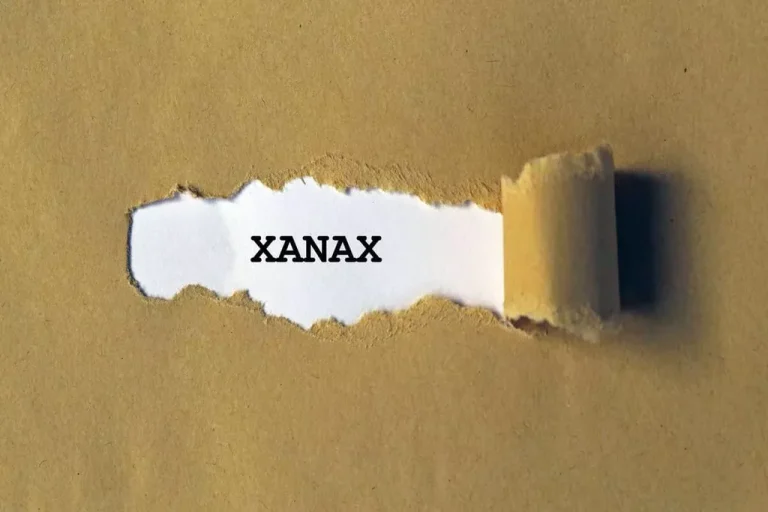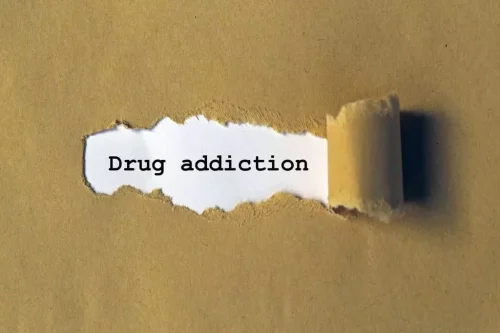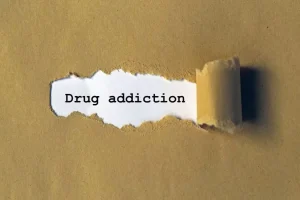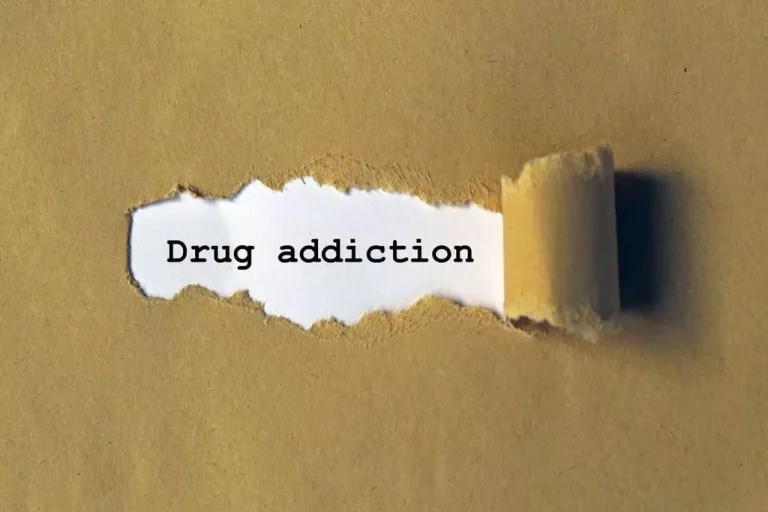How Long Does It Take to Detox from Alcohol? Timeline and More

Adequate sleep allows your brain to reorganize, recharge, and eliminate toxins that accumulate throughout the day. You should regularly sleep 7 to 9 hours per night to help promote good health (18). Drinking too much alcohol reduces your liver’s ability to carry out its normal functions, such as detoxifying. When this happens, your liver cannot how to flush your system of alcohol in 24 hours function adequately and perform its necessary tasks — including filtering waste and other toxins from your body. Your liver metabolizes more than 90% of the alcohol you consume (3).
Drink Lots Of Fluids

Whether it’s for health reasons, a work commitment, or just the desire to avoid a hangover, finding ways to expedite alcohol metabolism is a common quest. Liver impairment, whether or not alcohol-related, can limit your ability to eliminate alcohol from your body. The liver plays a primary role in processing alcohol, so any type of liver damage will reduce its efficiency. Alcohol is detectable in hair follicles much longer than blood, saliva, breath, or urine.
How do you detox your liver?
Additionally, you may add caffeine to your alternatives because it will keep you alert while waiting for water to flush out alcohol from your body. That’s why many of us wonder if a month of avoiding drinking is enough to “reset” your liver back to normal. But a full detox is needed for the most benefit, and how much time that takes depends on a variety of personal factors. The food you eat while recovering from a night of drinking will affect how quickly you detoxify your body. Some foods can help speed up the process and make you feel better, whereas others hinder recovery.

How Long Do The Effects of Alcohol Last?
- Because the body usually works to maintain balance, it will signal the brain to make more neurotransmitter receptors that excite or stimulate the central nervous system.
- Mint, combined with antioxidant-rich cucumber and lemon, enhances bile flow in the stomach.
- Once alcohol enters your bloodstream after you drink, your body starts to break it down and metabolise a portion every hour.
- You’ll feel the relaxation and positive mood that makes alcohol consumption enjoyable but also some of the adverse side effects.
- “Most healthy bodies do not need help eliminating toxins and harmful substances,” says Bianca Tamburello, RDN, registered dietitian at FRESH Communications.
Drinking water, sleeping, or drinking caffeine does not remove alcohol from the blood, and will not speed up the process of getting alcohol out of the system. Just because alcohol is out of your blood doesn’t mean that it’s no longer detectable in your system. Even hours after your blood alcohol content is at 0, alcohol can still be detected in a urine test. Even though alcohol may not show up on a breathalyzer, it may show up on other tests after drinking.
Alcohol Detection Timeline
- Alcohol withdrawal has a set of complex symptoms when someone abruptly stops or reduces their consumption.
- If someone with a BAC level of 0.08 stops drinking, it will take roughly 6 hours for them to sober up.
- If your drinking makes you feel out of control and you are ready to seek help, many organizations can assist you.
- Although activating your body is the last thing you’ll want after drinking lots of alcoholic drinks, this activity can help you flush these toxins and develop a healthy lifestyle.
- Alcohol metabolism rates vary by individual, but on average, the liver can process one standard drink per hour.
Eating healthy, nutrient-rich foods will help your body eliminate toxins more efficiently. People drinking alcohol should drink two to three glasses of water between drinks, and those who are hungover should drink plenty of water throughout the day. Water helps to dilute the alcohol in the body, while food helps to slow down the body’s alcohol absorption. It takes up to 12 hours for your body to metabolize one standard drink.
Downsides To Exercising After Alcohol Consumption
A blood alcohol test can show evidence of alcohol in your system up to 12 hours later. Begin with a free call to an addiction & behavioral health treatment advisor. The We Level Up Treatment Center Network delivers recovery programs that vary by each treatment facility. Multiple mechanisms or routes are involved in the metabolism of alcohol. The most common of these pathways involves alcohol dehydrogenase (ADH) and aldehyde dehydrogenase (ALDH). These enzymes help break apart the alcohol molecule, making it possible to eliminate it from the body.
- Drinking water does not affect the speed of alcohol metabolism in the body.
- This approach might help remove the last traces of liquor in your system.
- For instance, if you realize that your colleague is constantly pressuring you to overconsume alcoholic drinks, you may evaluate your relationship with them.

Depending on the extent of liver damage you have, you may need to completely abstain from alcohol in order to give your liver the best chance for recovery. Talk to a doctor about your personal history and what’s right for you. Regular physical activity lowers inflammation and allows your body’s detoxification system to work properly. By increasing your water intake, your body reduces the secretion of the antidiuretic hormone and increases urination, eliminating more water and waste products (49, 50). Consuming too much salt can cause your body to what is alcoholism retain excess fluid, especially if you have a condition that affects your kidneys or liver — or if you don’t drink enough water.